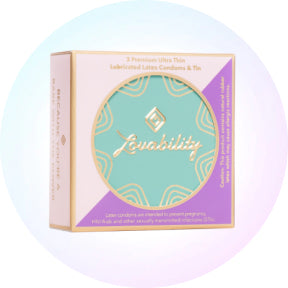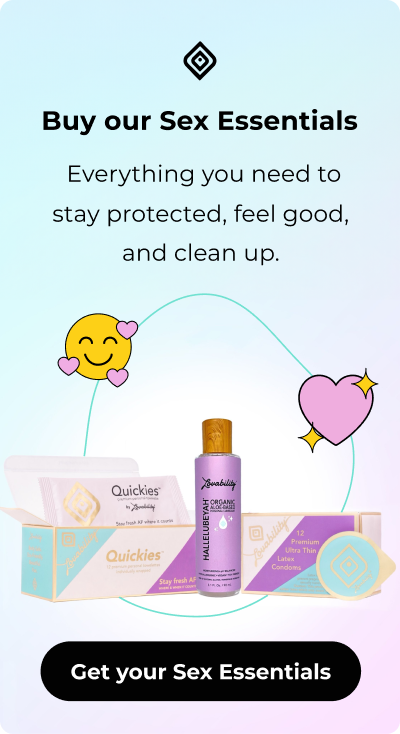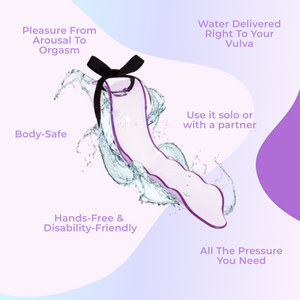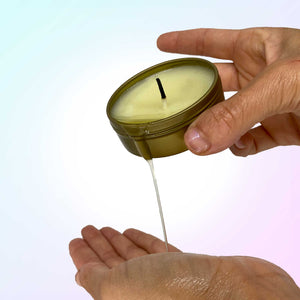Unprotected sex happens. No judgements. If you have sex without a condom and you're concerned about the risk of pregnancy and/or sexually transmitted infections (STIs), is there anything you can you do to minimize your risks and concerns?
What Is Unprotected Sex?
Unprotected sex is defined as "sexual intercourse without a condom."
Why a condom specifically and not any form of birth control? Because unprotected sex is sexual contact that involves the exchange of semen, vaginal fluids or blood between partners, and only condoms can prevent that from happening.
When used correctly, condoms can dramatically reduce the risk of most sexually transmissible infections (STIs) and unintended pregnancy. Other forms of birth control can't do both, and that's why condoms are recommended to be used every time you have safer sex.
Steps To Take After Unprotected Sex
There are many reasons why you might have sex without a condom. If you do, here are 6 things to do if you didn't use a condom during sex.
Short Term Actions
-
Emergency Contraception: If pregnancy prevention is a concern and you had unprotected vaginal intercourse, consider using emergency contraception (also known as the morning-after pill). Emergency contraception can be effective if taken within a certain timeframe after unprotected sex; as soon as possible but within the first 72 hours after sex is a good rule of thumb, but check the label. It's likely available over-the-counter at pharmacies. Consult a healthcare provider for guidance on the most suitable option and timing.
-
STI Testing: If you had unprotected sex with a partner whose STI status is unknown or if you're unsure about your own status, consider getting tested for STIs. STIs can be asymptomatic (i.e., they don't show symptoms, so you're unaware you even have one), so testing is crucial for early detection and treatment. You can visit a healthcare provider, a sexual health clinic, or use home testing kits, depending on what's available and convenient for you.
- Seek Support: If you're feeling anxious, stressed, or overwhelmed by the situation, don't hesitate to seek support from trusted friends, family members, or healthcare professionals. They can provide guidance, reassurance, and assistance in navigating your options.
Looking Forward
-
Communicate with Your Partner: It's important to have open and honest communication with your sexual partner(s) about the situation - and how you might do things differently next time. Discuss any concerns you have regarding pregnancy, STIs, and contraception options. Remember that both partners share responsibility for sexual health and decision-making.
-
Consider Regular Contraception: To prevent unintended pregnancies in the future, consider using regular contraception methods such as condoms, birth control pills, patches, injections, implants, or intrauterine devices (IUDs). Talk to a healthcare provider to determine the most suitable contraception method for you.
- Carry Condoms: The days of assuming the guy is responsible for having condoms are long over. In this age of dating apps, hookup culture, increasing STI rates, and diminished abortion rights, don't leave your health in the hands of Mr. “I think I might have a condom somewhere around here?” Keep a box of your favorite body-safe condoms in your bedside drawer, and tuck a few in a cute condom-carrying tin so you're always proudly prepared.
Remember that taking proactive steps after unprotected sex can help mitigate potential risks and ensure your sexual health and well-being - and it'll keep you more prepared for the next time. It's essential to prioritize your health and make informed decisions regarding contraception and STI prevention.
More Articles You Might Love

Get To Know Your Vulva




















